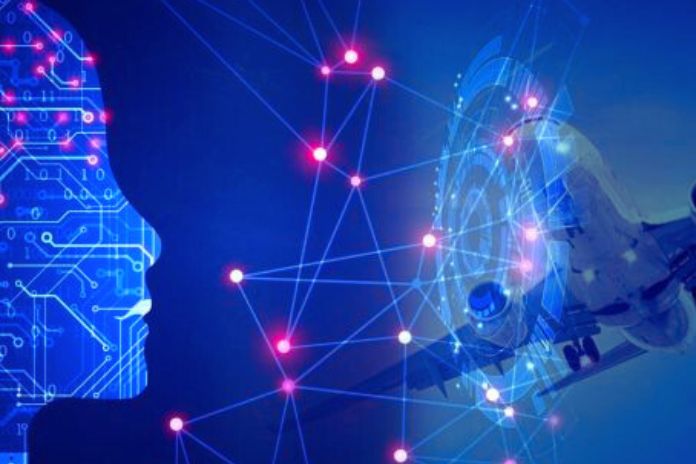Machine Learning Applications: When accessing a virtual store, it is common to find “assistant robots” offering help and answering user questions.
This occurs thanks to so-called machine learning, a technology widely used in B2C, the traditional form of commerce between companies selling services and products to individuals using a virtual environment (e-commerce).
But this tool has also been increasingly widespread in the industrial environment, with specific applications for each area of activity of the company. And that’s what you’ll read about in this article. Check out!
What Is Machine Learning?
The concept of machine learning is related to machines capable of learning on their own. This learning allows predictions based on large amounts of data ( Big Data ) through a branch of Artificial Intelligence based on pattern recognition, capable of extracting knowledge independently of experience.
Machine learning is a tool that “teaches” computers to decode complex and large-scale information independently through data analysis and programming of specific algorithms. In this way, machines learn from experience and previously seen data.
How Does It Work, And How To Apply Machine Learning In Industry?
The industrial sector is a booming market for machine learning technology. There is a wide range of opportunities for using equipment that identifies industry standards.
Intelligent machines are recommended for lean manufacturing companies, as machine learning allows high-quality control, identifying possible failures during the product manufacturing process, optimizing production and speeding up deliveries.
In the case of factories whose machines are connected to e-commerce networks, machine learning makes it possible to automate production on demand.
Types Of Machine Learning Approach
The learning method used by machine learning can be classified in the following ways:
Machine Learning Through Supervised Learning
In supervised learning, the machine builds a model based on known and pre-established data and answers through classification and regression techniques.
Classification techniques apply algorithms that classify data such as images, emails, voice recognition, bank details, etc.
Regression techniques, on the other hand, use algorithms to forecast data and continuous responses, as in the cases of forecasting temperature and energy demand.
Machine Learning Through Unsupervised Learning
Unsupervised learning consists of analyzing random data to find hidden patterns that can be used for specific purposes.
It has applications in market research, movie and music recommendation systems, genetic sequencing, and data stream mapping.
Machine Learning By Semi-Supervised Learning
Combination of supervised and unsupervised learning.
Machine Learning Through Reinforcement Learning
In reinforcement learning, the machine tries to learn the best choice in a situation, considering the circumstances in which the action will be performed.
In this case, the machine will observe an option among the set of possible future scenarios and, based on that, choose an action.
She will receive the reward associated with that specific action and get the information about that combination in that specific state. The process is repeated until the machine makes the best choice for each scenario.
Advantages Of Machine Learning In The Industry
Machine learning can solve most of the industry’s complex problems, including those related to productivity.
Machine learning algorithms are developed to bring greater predictive accuracy to each step of the production process. Many of them are interactive and seek continuous learning and optimized results.
We list some of the benefits that machine learning can bring to the industry:
- Smart factories with an automated and closely monitored production process ;
- Punctual production of customized and made-to-measure products;
- Machines that interact with humans, software systems and products over the Internet;
- Installation of advanced digitized networks for data collection and transfer;
- Intelligent production, characterized by preventive actions and adaptive production;
- Automation of inspections, supervision, modifications and communication.
Machine learning in industry has been transforming the way factories operate. This trend shows that Artificial Intelligence is no longer present only in science fiction movies. It is now a reality that can contribute to increased productivity in industries.
Also Read: Machine Learning: How To Create More Customer Engagement

